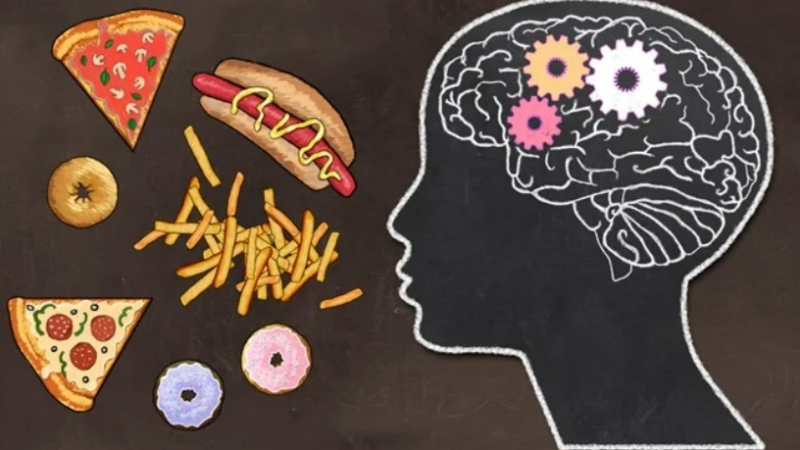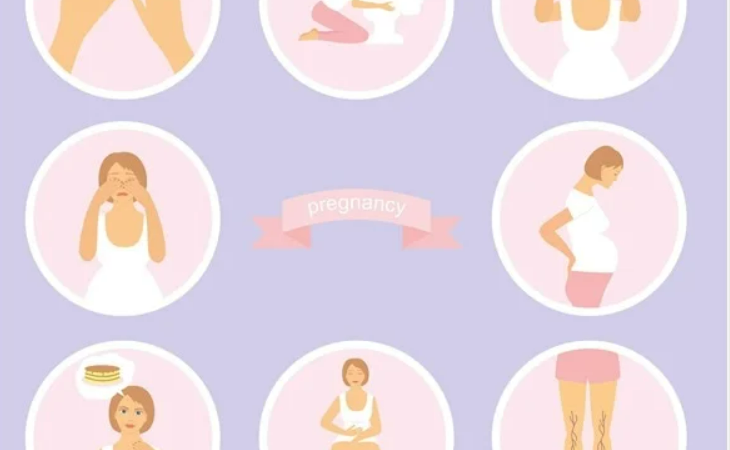A Patient’s Guide to Hypertension

It’s simple to disregard high blood pressure, sometimes known as hypertension until health issues manifest. Unfortunately, a lot of individuals don’t understand how high blood pressure affects them until they get heart disease, renal damage, or a stroke.
Recently, the threshold for being considered to have high blood pressure was dropped to 130/80 mmHg. According to the American Heart Association, there are currently more than 100 million Americans who have high blood pressure. You might not be aware of if you have high blood pressure or how to protect your health when standards and treatment criteria change.
Patients are urged to monitor their own development and take preventative steps to lower their risks now more than ever. The good news is that there are numerous things you can do if you’re one of the many people with hypertension to manage it, avoid problems, and lower your blood pressure to a normal level.
Symptoms and Signs
According to Suzanne Judd, a professor in the department of biostatistics at the University of Alabama in Birmingham, the problem for public health is that most people cannot feel persistent high blood pressure.
For good reason, high blood pressure is referred to as the “silent killer.” You’re unlikely to experience symptoms that act as high blood pressure warning signs unless you’re going through a medical emergency known as a hypertensive crisis. Most people’s harm from untreated chronic high blood pressure develops over time gradually but progressively. According to AHA recommendations, a hypertensive crisis occurs when blood pressure suddenly increases to readings of 180/120. Additional symptoms could include a severe headache, shortness of breath, nosebleeds, and intense anxiety. An emergency with high blood pressure also includes symptoms including back or chest pain, weakness, numbness, or difficulty speaking.
Why It’s Important to Manage High Blood Pressure
About 60 to 100 beats per minute correspond to a typical heart rate. Your body’s network of blood vessels—the arteries, veins, and capillaries—pump blood during each pulse. The artery walls are constantly being pushed against by the unending blood flow. Your blood pressure is this endless power.
When the body’s microscopic arteries known as arterioles, which control blood flow, tighten, high blood pressure results. Your heart has to work harder to pump as a result of this restriction, which raises blood vessel pressure. Lowering your blood pressure can save your life, and hypertension’s negative effects can be disastrous. Dr. Wanpen Vongpatanasin, director of the Hypertension Fellowship Program at the University of Texas Southwestern Medical Center in Dallas, claims that risk reduction is particularly potent in terms of enhancing cardiovascular health and lowering brain consequences like stroke. Unchecked high blood pressure, however, can reduce your life expectancy. She claims that having heart failure and a stroke ultimately increases mortality.
Kidney disease is a significant additional consequence. According to the National Institute of Diabetes and Digestive and Kidney Diseases, high blood pressure is the second most common cause of kidney failure in the United States and can harm the blood arteries in the kidneys.
Persistent, uncontrolled hypertension can also lead to peripheral artery disease, vision loss, and sexual dysfunction.
brain function and blood pressure
The SPRINT study series examined the impact of rigorous blood pressure management on particular medical disorders, with a goal systolic pressure (the highest number) of less than 120. When high-risk patients have strictly managed blood pressure, as opposed to a less severe target of a systolic blood pressure of less than 140, researchers found that heart attack, unstable angina, stroke, and heart failure are decreased.
Recent research reveals that strict blood pressure regulation may aid in maintaining brain function. According to Vongpatanasin, “in more recent experiments, we start to observe a pattern of potential effects on cognitive function.” The Journal of the American Medical Association published a report on the SPRINT MIND study’s findings on January 18, 2019. Comparing tight blood pressure management to conventional blood pressure control, the incidence of probable dementia was lowered by 17%. This distinction lacked statistical significance. A notable finding was that strict blood pressure control was associated with a 19% decreased prevalence of mild cognitive impairment.
Risk factors for hypertension
Some high blood pressure risk factors are out of your control. Being African American, being older, and having a family history of hypertension all raise your risk of acquiring hypertension.
Your chance of developing hypertension is increased if you have chronic medical disorders including diabetes, renal disease, or sleep apnea. High blood pressure issues such as gestational hypertension and preeclampsia can develop during pregnancy.
Methods for Lowering Blood Pressure
Drugs for lowering blood pressure
According to the Food and Medication Administration, high blood pressure is treated using nine different drug classes. The effects of decreasing blood pressure vary depending on the pharmaceutical class:
inhibitors of the angiotensin-converting enzyme. By blocking a hormone that would normally cause blood vessels to constrict, ACE inhibitors aid in blood vessel relaxation. ACE inhibitors that are frequently prescribed include lisinopril (Prinivil and Zestril) and enalapril (Vasotec).
beta snubbers. These lessen the heart’s exposure to stress chemicals. Beta-blockers that are frequently used include metoprolol (Lopressor and Toprol-XL) and nadolol (Corgard).





